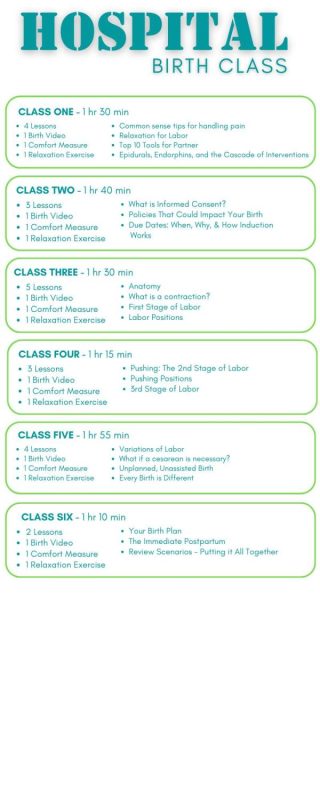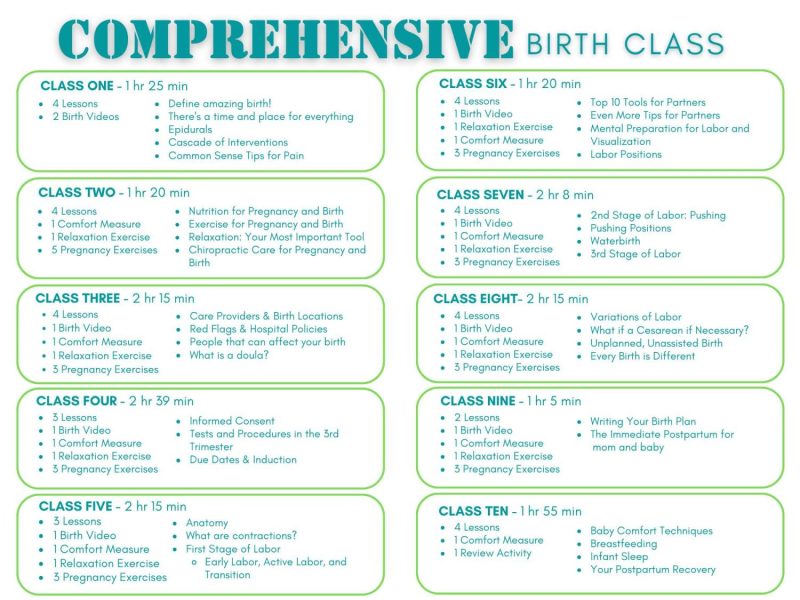For new parents, one of the most frequently asked questions is “Are you getting any sleep?” What is a new couple to do when everyone wonders how you and your baby are performing in this area? Here are a few simple tips that can help in those early days without resorting to less baby-friendly methods.
Understand the basic needs and patterns of a newborn
This does not sound like a tip to help baby sleep, but it will guide you and lend wisdom. Flexibility and realistic understanding of newborn needs can help your baby make more sense to you.
Newborns do need to eat frequently, and this does not last forever. Some of the things below can, however, gently increase sleeping stretches or calm a needy baby. As their stomach grows and milk increases, sometimes infants will have longer stretches of sleep, but pushing for that too early can stress everyone involved. For a newborn, sleeping through the night probably means about a three-hour stretch. This increases! Don’t worry! When you hear people complaining that their two-month-old won’t sleep for ten hour stretches, remember that they are only two months old. This is a very young baby, and they will require some patience.
Babies also experience growth spurts, and these may cause an increase in wakefulness which can be jarring but will often pass within a few days. Developmental milestones such as crawling, or teething can also disrupt sleep patterns. Read what you can about infant needs and development. It will help in understanding what is normal behavior even if it does not involve long stretches of sleep.
Nursing or feeding
Babies have small stomachs- about the size of a marble at birth- and their food is quickly digested. A newborn has just come from the womb where he/she was constantly fed through the umbilical cord. Your baby has never known hunger.
He will need to eat frequently in those early days and keeping him fed will often help baby be calmer and help with sleeping. Also, many babies find comfort at the breast and will nod off and settle after a feeding.
Swaddling
Swaddling is a fairly simple way to mimic the tight, safe feeling that baby was so used to when they lived within your body. Notice how a new baby will often startle when laid down on their back with nothing wrapped around them. This space all around them is simply not something they have felt before! Swaddling can help a baby feel secure, calm them, and aid in extending sleep a little longer. You won’t want to swaddle your baby all the time, but during their nighttime sleep and a longer nap it can be very helpful. Of course, do not over wrap or overheat the baby.
White Noise
White noise such as a vacuum, water noises, chatter from family, or even a noise machine can help a baby calm and extend sleep. The white noise can also help drown out sharp or surprising noises that may startle a baby from sleep. Just as swaddling helps a baby feel safe like they did in the womb; white noise might remind a baby of the gently lull of water noises they enjoyed before their birth.
Co-Sleeping
Co-Sleeping is helpful for many moms and babies in extending sleeping stretches. Many newborns find great comfort from being near their mother; hearing her breathing and smelling her body as they rest. This can also benefit mom because she won’t have to fully rise and run to another room when the baby is hungry, but can reach over to the sidecar, co-sleeper, or her bed if they bed-share, and quickly feed baby before they are fully awake or upset and crying.
Bed-sharing should always be practiced with safety in mind and there are many options and methods that may work for you and be safe for your baby. Never sleep with your baby in your bed if you have ingested anything that would make you less aware of their presence.
Movement
Movement is calming for many babies and can gently lull them to sleep. Every grandmother on the planet knows how to place a baby on her shoulder and gently rock, walk, bounce, or soothe him or her. Movement, like many of these other tips, reminds baby of their safe home before birth and can quickly help them calm. The yoga ball you may have used in labor can come in handy after baby as a great place to bounce baby to sleep without having to walk the halls endlessly. Common baby devices like swings or bouncers can also aid in this. And, of course, grandmother is always a great option!
Notice your baby’s rhythm
Notice your baby’s rhythm after the first six weeks or so. While many push a strict schedule on a baby, experienced mothers know that babies will often settle into their own rhythm rather quickly. It helps if your own life has some routine to it so that baby can settle in around that. Babies often crave regular, predictable, rhythms. These things can be comforting to children as they grow and lend a sense of safety.
Many notice something like the following: Baby wakes around 6am and eats, then goes back to sleep for another hour or so. After waking at 7am the baby will be wakeful for a few hours then need a morning nap. This nap can vary greatly in length but may be as long as a few hours. (This is your time to SLEEP if you are behind!) After the morning nap your baby may be wakeful for an hour or two and then need an early afternoon nap.
Often baby will take another evening nap after this for an hour or so and then be awake and alert and wanting to be held during dinner! Some babies will then go back down in the evening and sleep (sometimes) for one longer stretch- maybe even four hours! This might not be when you normally go to sleep, but it may be your best chance to get a big chunk of sleep. Don’t waste it! Babies often awake again around 10pm or so and may be up every few hours again throughout the night.
Of course, this rhythm is not universal, but if you pay attention, you will find that your child will develop his or her own little routine and helping support that and being aware of it can actually increase sleep and help you prioritize your time. Some babies will just be happier and less overstimulated if you keep to a simple home-life routine for the first few months of their life. Don’t feel bad if you are not trotting the globe! Baby is growing quickly, and he or she (and you!) need rest for that important work.
Babywearing
Babywearing can be a beautiful combination of swaddling, movement, and closeness to mother. Many babies sleep well when in some kind of carrier, close to mom. Even when sick or overtired, babywearing can be just the thing to calm baby. If you do need to be out with baby, don’t forget your carrier so that they can still keep their sleeping rhythm while away from the house. While babywearing while away can be useful, don’t forget that some babies find the comfort of the home soothing and more conducive to sleep.
Car rides
Car rides are something that many parents turn to when nothing else works. The rhythm and noise of the car will sometimes help a baby sleep when all else fails. If this is what works for you, don’t be afraid to use it on occasion! Obviously, you can’t live in the car, and babies don’t sleep safely for long periods in a car seat, but this is a “sometimes” alternative.
Take a break!
No matter what works or doesn’t work for you, don’t be ashamed to take a break. Maybe this will be when your partner returns home, or maybe you will need a mom’s group, babysitter, grandmother, or friend to help. If no one is around, sometimes, you might just need to set baby down in a safe place and walk away for a moment. An infant can quickly sense tension and a change in who is holding them may help them settle if mom is stressed and needs a break.
All mothers experience the frustration of sleep at some point with their newborn. This is almost universal. Don’t worry if you can’t figure everything out on day one, you are in good company. Take a breath, ask for help, and forgive yourself. You will learn as the baby grows and things will come together, in time.
Will all these tips work for you? Most likely not. That is OK. Take what works, try things out, and you will find the best solution for your family.
In the end, what other people always say about this time with a baby being short- it is true. Babies do not last forever; they soon grow, and sleep stretches grow with them. The learning and the challenges change but the knowledge and patience you gain at this stage will help you in the years to come.
Additional reading that may be helpful to you:
Happiest Baby on the Block by Dr Harvey Karp (Video available also)
The No-Cry Sleep Solution by Elizabeth Pantley
Sweet Sleep: Nighttime and Naptime Strategies for the Breastfeeding Family by West, Smith and Pitman








